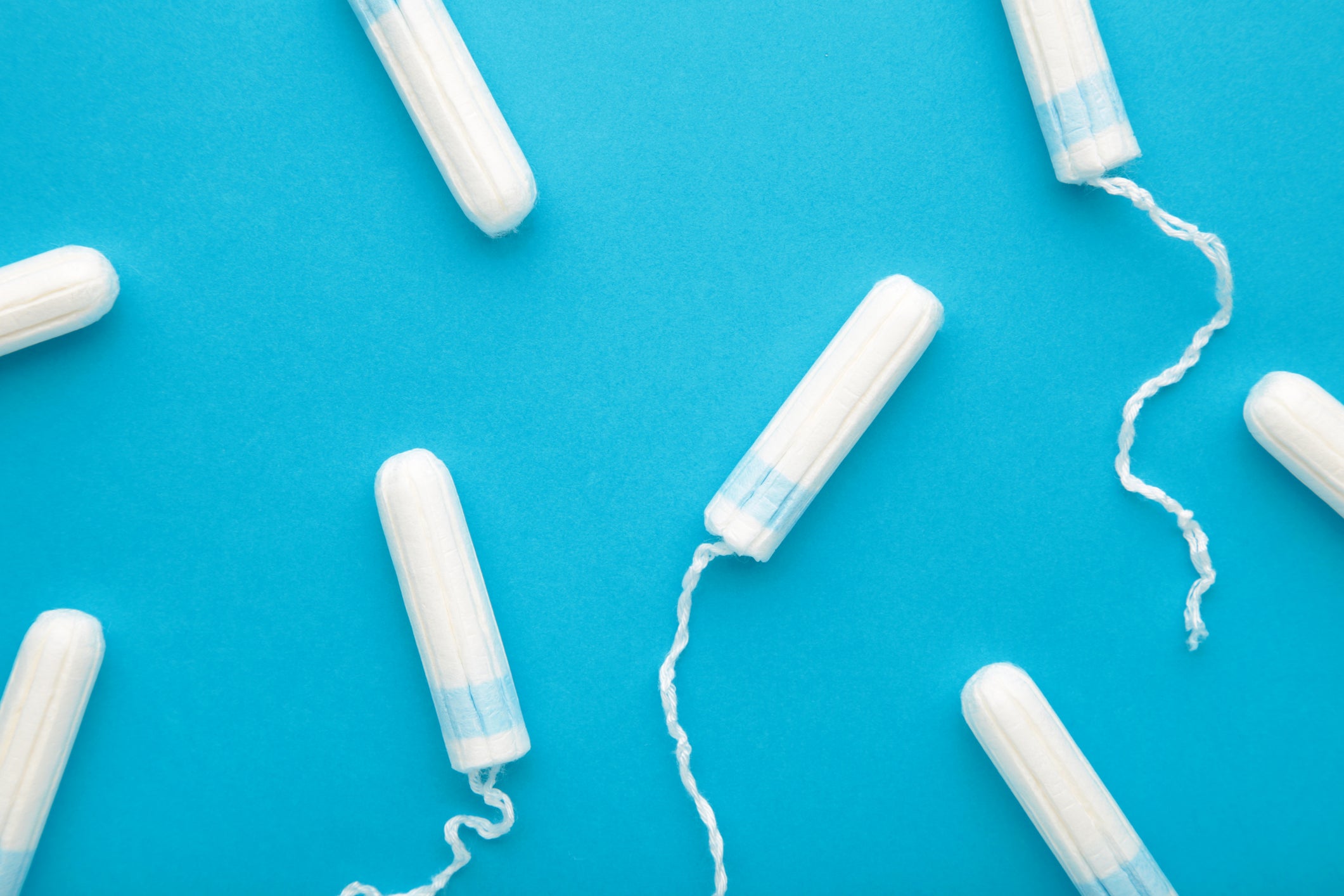Period poverty forcing women to leave tampons in longer and risk their health
Research also finds women are having to choose between period products and food

Your support helps us to tell the story
From reproductive rights to climate change to Big Tech, The Independent is on the ground when the story is developing. Whether it's investigating the financials of Elon Musk's pro-Trump PAC or producing our latest documentary, 'The A Word', which shines a light on the American women fighting for reproductive rights, we know how important it is to parse out the facts from the messaging.
At such a critical moment in US history, we need reporters on the ground. Your donation allows us to keep sending journalists to speak to both sides of the story.
The Independent is trusted by Americans across the entire political spectrum. And unlike many other quality news outlets, we choose not to lock Americans out of our reporting and analysis with paywalls. We believe quality journalism should be available to everyone, paid for by those who can afford it.
Your support makes all the difference.Period poverty is putting women’s health at grave risk as financial struggles force them to leave tampons in for longer than advised.
Damning new research carried out by prominent NGO ActionAid shows that around four in 10 of those who found it hard to afford period products in the past year were leaving period pads or tampons in place for longer.
The researchers, who polled 2,060 adults, discovered that some 8 per cent of those who struggled to afford period products had reused throwaway one-use pads.
Keeping tampons in for longer than the recommended time raises the risk of women and other people who menstruate developing a rare condition called toxic shock syndrome.
Although the syndrome causes very few deaths worldwide each year, it can cause serious, chronic and irreversible health problems including limb amputation.
Researchers found that the number of people struggling to afford period products for themselves or a dependant in the UK in the past year has almost doubled – soaring from 12 per cent to 21 per cent during that time.
The study discovered that women are being forced to choose between period products and food, with six in 10 of those who struggled to afford period products in the past year having to prioritise food, and almost half forced to prioritise gas or electricity instead.
Tasha Burgess, of ActionAid UK, said: “Access to menstrual products, safe, hygienic spaces in which to use them, and the right to manage your period without shame or stigma, is essential for anyone who menstruates. This is not the reality for millions of women and girls around the world.
“Our latest poll suggests a worrying trend. As the global cost of living crisis bites, period poverty continues to affect women, girls, and [other] people who menstruate, which is leading to dangerous methods of period management.”
Researchers found that around four in 10 women, girls, and others who menstruate in the UK had steered clear of exercise or sport, or skipped it altogether, as a result of being on their period, while 14 per cent had avoided or missed working in the office for the same reason.
Almost a third who had skipped activities because of being on their period did so as they did not feel comfortable in the uniform or clothing they would have to wear, while 7 per cent did so as they could not afford to use their preferred period product.
Some 22 per cent of young people said they feel embarrassed while on their period, a substantial rise from 8 per cent last year.
Ms Burgess added: “Whether it is because of fear of teasing, or a lack of money to buy period products, missing school could have a detrimental impact on girls’ education.”





Join our commenting forum
Join thought-provoking conversations, follow other Independent readers and see their replies
Comments